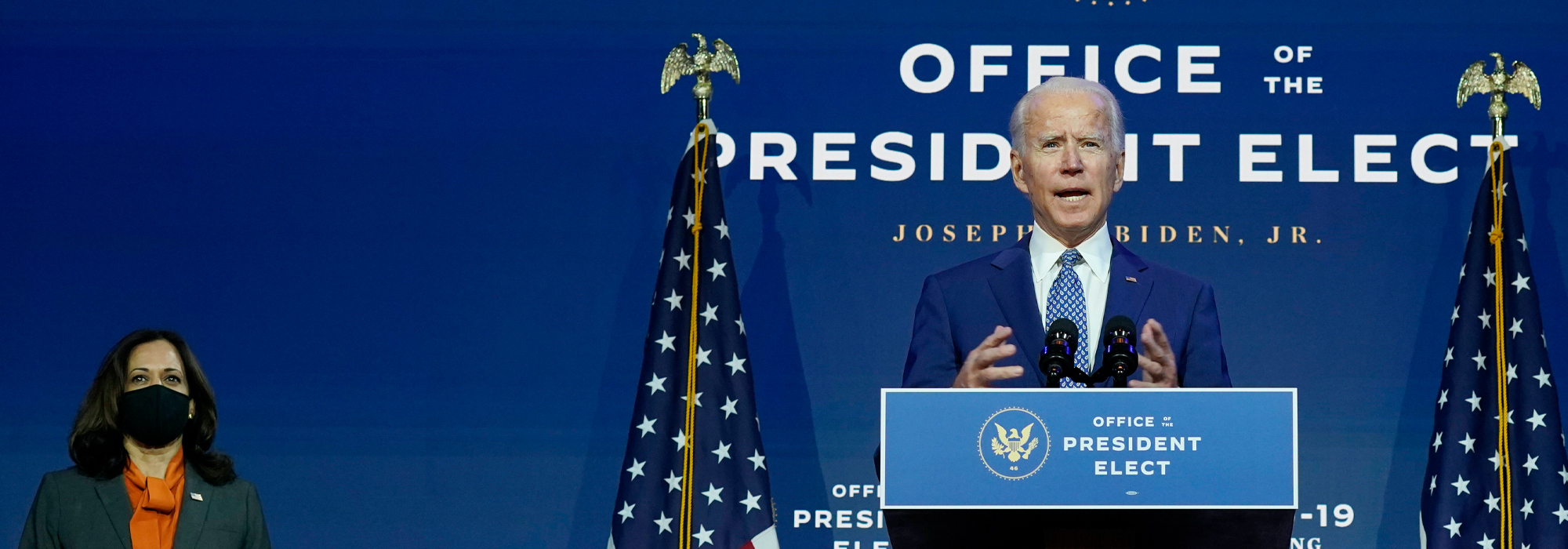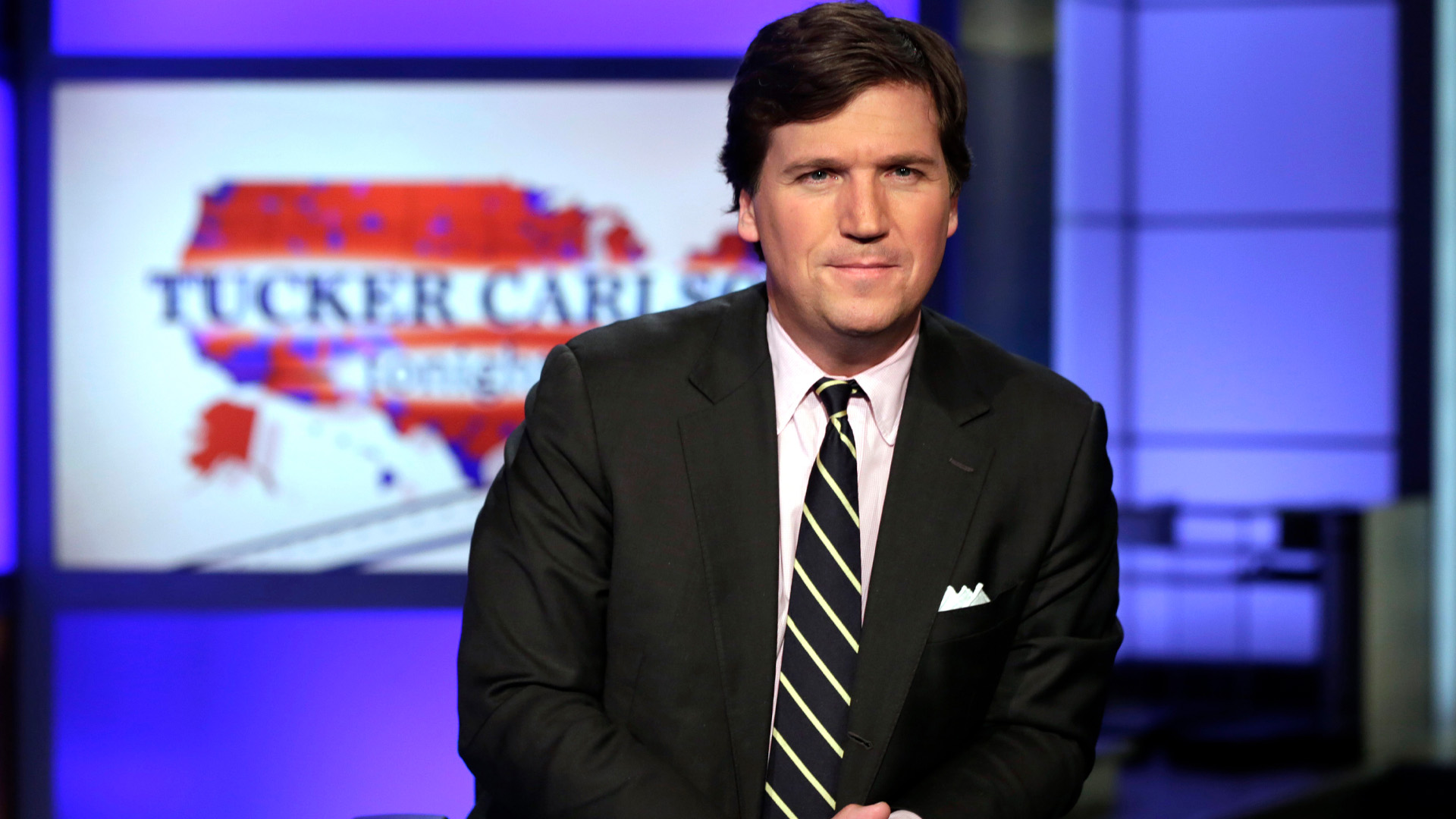
The United States of America (along with the rest of the world) has exhaled. Americans made it through an election and appear to be making their way through the aftermath with minimal unrest or violence. But that does not mean that anyone can forget the 71 million Americans who voted for the losing candidate, or the Congressional Republicans. They will continue to challenge the agenda outlined by the Democrats, and present themselves as unwilling participants in the process of progressive reform. President-elect Joe Biden has already assured these voters that he wants to include them, and he will have to make good on that promise. Taking sweeping executive actions, attempting to push through dramatic legislative agendas, will not begin the healing or the bridging of division, as Biden as promised.
If Biden wants to make good on his word and work to bring America together, his administration will have to practice temperance – in the shape of moderate, incremental, measured actions. This is a presidency that will need to be surgical rather than seeking dramatic cures, as it looks to heal America.
The first priority will be managing the COVID-19 crisis – both the health crisis and the economic recovery plans. Depoliticizing this process will make things much easier, but failing that, the administration will have to use robust economic supports to mitigate the concerns of lockdown closures. The pandemic has magnified pre-existing income inequalities in America. The Biden administration will focus on providing access to health care, food, shelter, education and other basics. Providing the private sector with financial supports will be secondary, and as we’ve seen with the current gridlock in Congress, challenges on how and how much will define the conversation.
Still, the Biden administration will be able to win support across the aisle for a national industrial policy designed to move the country out of the COVID-induced economic malaise. Support for individuals will have to be part of the conversation, but job creation and economic prosperity will be paramount. The United States has not had a clearly articulated an effective national industrial policy since the Second World War. Sure, there have been sector-focused bailouts and supports, but looking at the country in a strategic way and determining what kind of industrial policy is required to get people back to work and ensure Americans access to the goods and services they require has largely been left to think tanks and academia. Biden becomes president in a time when the more interventionist aspects of industrial policy will make sense and the advantages will be undeniable.
On climate change, there is an opportunity for the new administration to be less ideological without sacrificing effectiveness. We see the holistic view on climate change policy already playing out in how the transition team for the Biden administration is integrating the discussion within its deparment-focused teams. Laying the groundwork for inter-departmental cooperation and entrenching the goals of net-zero throughout government will make for lasting change. If climate change measures are integrated, they will not only be more effective, but will be harder to undo. Much like the Trudeau team in Canada moved gender balance and inclusivity into every decision made by every department, expect climate change and the transition to a net-zero future to be part of every discussion in the US government.
Still, there are promises and platform commitments that may have to wait – systemic changes that address income inequality, racism, access to health care and education. These will take both time and the kind of political capital that may hard to come by in the next four years.
Biden has two partisan goals in these first two years of his administration – demonstrate enough value on both policy and tone of government to help elect a Democratic majority Senate in 2022 and lay the groundwork for Kamala Harris to subtly but decisively move into position to be the clear front-runner in the 2024 presidential primaries. Meanwhile, he will have to balance the leftward pull of his party with the healing he promised those other 71 million Americans.
Trudeau’s handling of the COVID crisis and economic recovery may be instructive for the Biden team. In a minority government, the prime minister has had to balance his dance card. At times, he has had to win unanimous support among the competing parties in order to move forward legislation critical to the pandemic response. Trudeau no doubt understands, in some measure, the art of leading in a divided country – although the divisions in Canada seem narrow by comparison. Trudeau’s Canada has been a beacon for progressive Americans in these past four years, but like Biden, Trudeau’s real value is in his pragmatism. Measuring the steps that America is willing to take on key bilateral and global issues will be important for Canada. The temptation to be overjoyed will need to be tempered with the understanding of the challenges that the Biden team will face.
As we teach our kids, being a gracious winner is just as important as being a good loser. This election it is especially important for the winners to be gracious and careful with the bruised expectations of the losing party. Making that especially difficult is the fact the losing party has not been well-mannered in defeat. Regardless, the only way for the country to move forward will be with a certain level of generosity of spirit and willingness to compromise. Joe Biden has, throughout his career and life, demonstrated these qualities. The question for the moment is whether his party will follow his lead.








